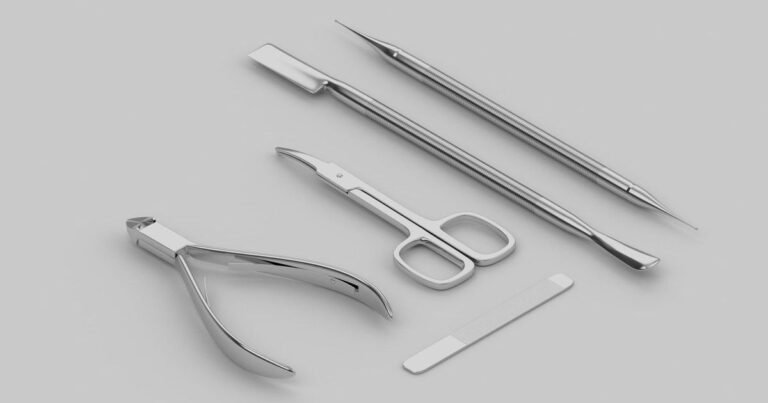Top RV Maintenance Tips to Keep Your Home on Wheels in Prime Condition
Owning an RV is a dream for many, providing the freedom to travel and explore while enjoying the comforts of home. However, like any vehicle, RVs require regular maintenance to ensure they remain in prime condition. Neglecting maintenance can lead to costly repairs and detract from your travel experience. In this article, we’ll explore essential RV maintenance tips to help you keep your home on wheels running smoothly and safely.
1. Regularly Inspect the Roof
The roof of your RV is its first line of defense against the elements. Regularly inspecting your RV roof should be a priority, especially after severe weather. Look for cracks, leaks, and any signs of wear and tear. Cleaning the roof regularly will help remove dirt and debris that can cause damage over time. Applying a protective sealant every few years can also extend its lifespan, preventing leaks and water damage.
2. Check and Maintain Tires
Tires are crucial for safety and performance. Regularly inspect tire pressure, tread depth, and sidewall condition. Under-inflated tires can wear out quickly and pose a safety risk. It’s recommended to check tire pressure before every trip and to rotate tires regularly, especially if you have a heavy load. Additionally, ensure that your spare tire is in good condition and that you have the necessary tools for a tire change.
3. Maintain the Engine
Just like a car, your RV’s engine needs routine maintenance. Regularly check the oil levels, coolant levels, and air filters. Change the oil and oil filter as per the manufacturer’s recommendations. A well-maintained engine not only runs more efficiently but also extends the life of your RV. Don’t forget to check belts and hoses for signs of wear, and replace them if necessary.
4. Inspect and Clean the Interior
While exterior maintenance is crucial, don’t overlook the interior. Regularly clean and inspect the living spaces to prevent mold and mildew, especially in damp areas like the bathroom. Check for any signs of pests and address any issues promptly. Vacuuming carpets and upholstery, wiping down surfaces, and cleaning the refrigerator will keep your RV comfortable and pleasant.
5. Service the Propane System
If your RV uses propane for heating, cooking, or refrigeration, it’s vital to regularly inspect the propane system. Check for leaks by applying a soapy water solution to hoses and connections; bubbles indicate a leak. Ensure that the propane tank is secure and that the regulator and lines are in good condition. Consider having a professional inspection at least once a year for added peace of mind.
6. Flush and Maintain the Plumbing System
Regularly inspect and maintain your RV’s plumbing system to avoid leaks and blockages. Flush the fresh water tank periodically and check the water pump for proper operation. If you store your RV during winter, ensure you winterize the plumbing system to prevent freezing and cracking of pipes. Regularly clean the gray and black water tanks and use appropriate treatments to control odors.
7. Check Electrical Systems
Inspect the electrical systems, including batteries, wiring, and outlets, to ensure everything is functioning correctly. Clean battery terminals and ensure that connections are tight. Test the generator (if applicable) and run it for a while to keep it in good condition. If you have solar panels, clean them regularly for optimal efficiency.
8. Maintain the Awning
Your RV’s awning provides shade and comfort but requires care to last. Regularly clean the awning fabric to prevent mold and mildew buildup. Retract the awning during inclement weather to prevent damage. Inspect the hardware for rust or corrosion, and lubricate moving parts to ensure smooth operation.
9. Keep the Exterior Clean
A clean RV not only looks good but also protects the paint and finishes from damage. Regularly wash your RV with a gentle soap and water, and consider applying a wax or sealant to protect the paint. This also helps prevent oxidation and fading from sun exposure. Don’t forget to clean the windows and check for any cracks or chips that may need repair.
10. Document Maintenance Activities
Keeping a detailed log of all maintenance activities is crucial for tracking the health of your RV. Document oil changes, inspections, repairs, and any upgrades. This log will be invaluable for your records and can also help you when selling your RV in the future. It shows potential buyers that you have taken good care of the vehicle.
11. Prepare for Seasonal Changes
If you live in an area with seasonal changes, it’s important to prepare your RV accordingly. Winterizing your RV involves draining water systems, adding antifreeze, and storing it in a dry place. In the spring, check all systems to ensure they are ready for the road. This proactive approach prevents damage and makes your RV ready for use when the travel season begins.
12. Stay Informed About Upgrades and Recalls
Technology and safety standards are constantly evolving. Stay informed about any recalls related to your RV model and any recommended upgrades that can enhance safety and performance. Subscribe to manufacturer newsletters or join RV owner forums to keep abreast of the latest information.
Conclusion
Maintaining your RV doesn’t have to be overwhelming. By following these tips and establishing a regular maintenance routine, you can keep your home on wheels in prime condition for years to come. This not only enhances your travel experience but also protects your investment. Whether you’re a full-time RVer or a weekend warrior, taking the time to care for your RV will ensure countless adventures and memories on the open road. So, pack your bags, hit the road, and enjoy the freedom of the RV lifestyle!






